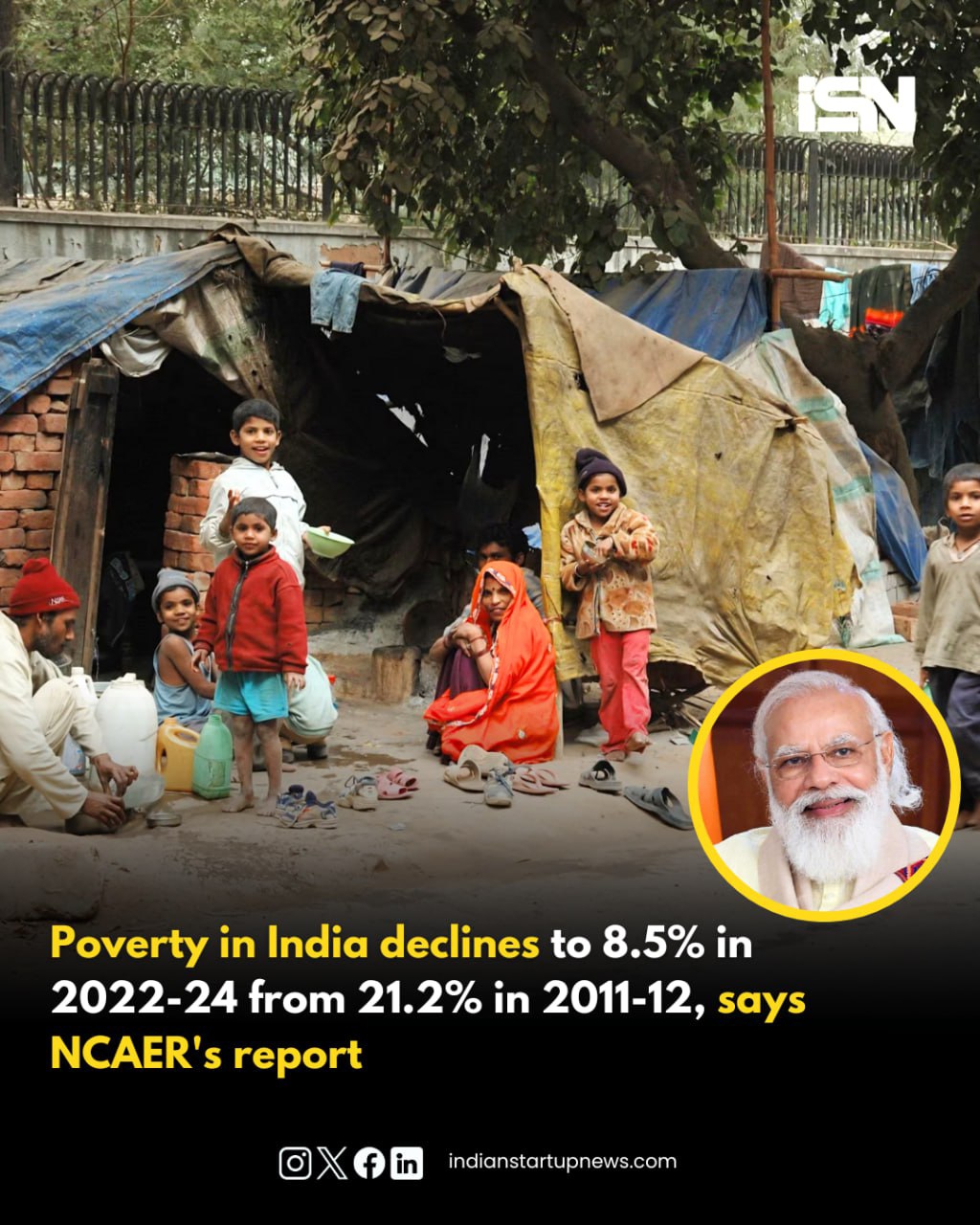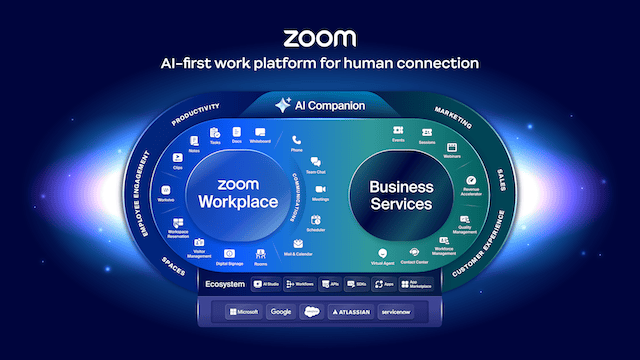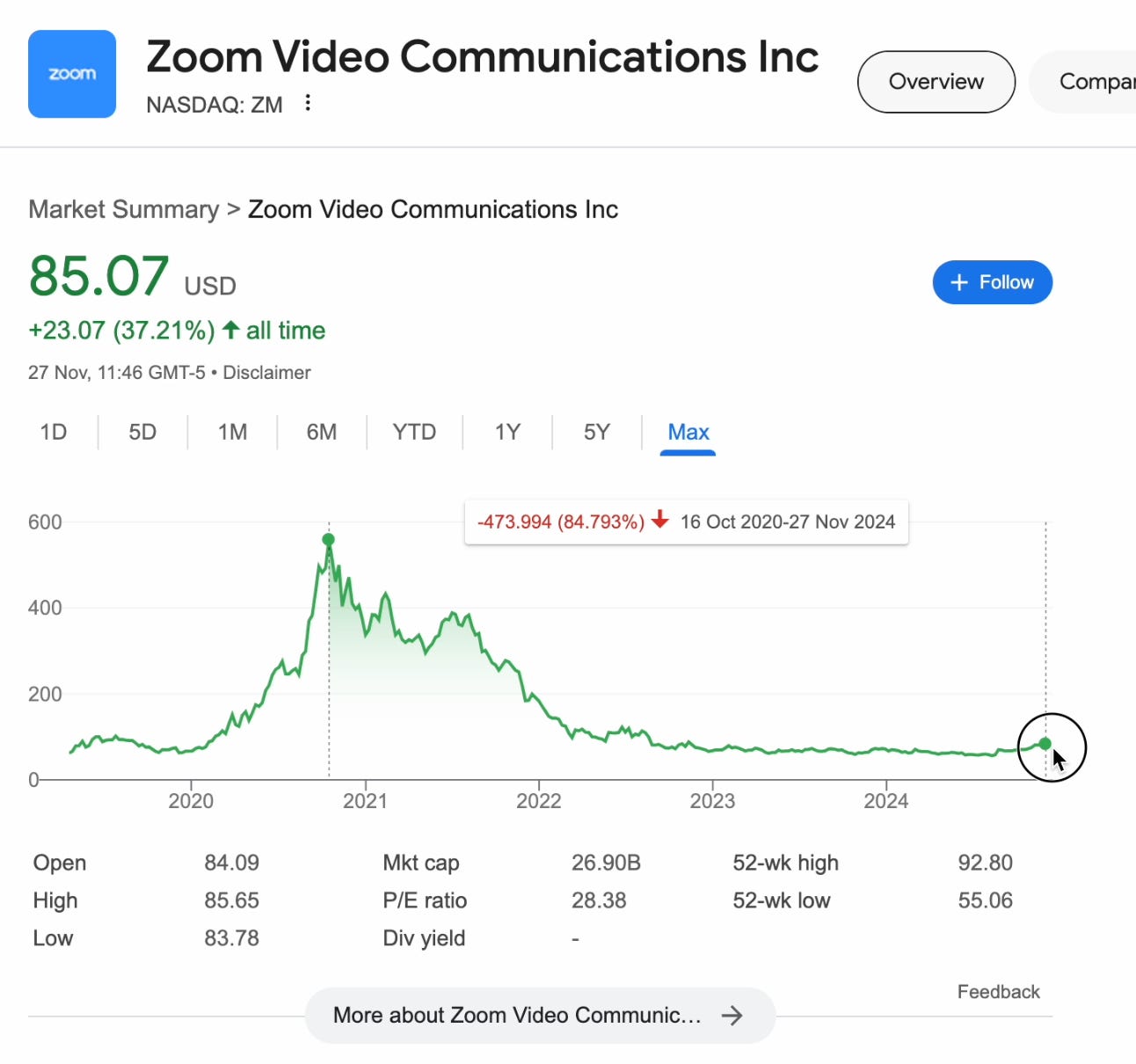Back
Medial Startup Trivia
Trivias Around start... • 1y
Quibi's Rise and Fall: A Cautionary Tale of Startup Ambition In the fast-paced world of tech startups, few stories are as emblematic of ambition and subsequent disappointment as that of Quibi. Founded in 2018 by industry veterans Jeffrey Katzenberg and Meg Whitman, Quibi aimed to redefine mobile entertainment with bite-sized, high-quality content designed for on-the-go viewing. Backed by an eye-popping $1.75 billion in funding, it was poised to disrupt the streaming landscape when it launched in April 2020. The concept was compelling: short-form videos, ranging from 5 to 10 minutes in length, featuring Hollywood-grade production values and starring A-list talent. With a lineup boasting names like Chrissy Teigen, Liam Hemsworth, and Sophie Turner, Quibi generated significant buzz ahead of its debut. The platform's unique selling proposition lay in its ability to deliver premium content tailored specifically for mobile consumption, filling the gaps in users' fragmented schedules. However, despite the initial excitement and substantial investment, Quibi faced an uphill battle from the start. The timing of its launch, coinciding with the onset of the COVID-19 pandemic, presented unforeseen challenges. Suddenly, the demand for on-the-go entertainment plummeted as people worldwide found themselves confined to their homes. Quibi's core value proposition, predicated on capturing moments of downtime during commutes or waiting in line, lost relevance in a world where leisure time was redefined within the confines of home. As the pandemic reshaped consumer behavior, Quibi struggled to adapt. Its subscriber numbers fell short of projections, and retention rates failed to meet expectations. Despite offering a 90-day free trial to attract users, the platform struggled to convert trial users into paying subscribers. The initial hype surrounding its star-studded lineup faded as users gravitated towards established streaming giants like Netflix and Disney+ for their entertainment needs. The challenges mounted as Quibi faced criticism over its pricing strategy. At $4.99 per month with ads and $7.99 without, Quibi positioned itself as a premium service in a market saturated with free or low-cost alternatives. In an era where consumers were increasingly unwilling to pay for yet another subscription, Quibi's value proposition seemed dubious. Coupled with the economic uncertainty brought about by the pandemic, many potential subscribers balked at the idea of committing to yet another monthly expense. Despite the setbacks, Quibi remained determined to pivot and salvage its fortunes. In an effort to attract subscribers, the platform experimented with new content formats and distribution strategies. It introduced a free, ad-supported tier and explored licensing its content to other platforms. However, these efforts proved too little, too late. In October 2020, just six months after its much-hyped launch, Quibi announced its closure. The demise of Quibi serves as a sobering reminder of the inherent risks of the startup world, where even the most well-funded and well-intentioned ventures can falter. Despite the pedigree of its founders and the scale of its financial backing, Quibi ultimately fell victim to a combination of factors beyond its control. From shifting consumer behavior to unforeseen global events, the road to success in the tech industry is fraught with uncertainty. Nevertheless, the story of Quibi is not without its lessons. It underscores the importance of market fit, adaptability, and timing in the success of any venture. Aspiring entrepreneurs would do well to study its rise and fall, extracting valuable insights into the complexities of the digital landscape. While Quibi may have faded into obscurity, its legacy lives on as a cautionary tale for startups everywhere.

Replies (11)
More like this
Recommendations from Medial
Jaswanth Jegan
Founder-Hexpertify.c... • 1y
“The Poor man’s Car” Failed Marketing Strategy #1 TATA Nano is one of the dream project of Mr.Ratan Tata, he Really wanted to Help the people in Middle class to own a car.But it Was failed The Tata Nano faced a significant positioning problem
See More
Vansh Khandelwal
Full Stack Web Devel... • 7m
In the rapidly evolving landscape of technology and mobile apps, the Hike messaging app serves as a cautionary tale of failure. Despite its initial promise, Hike struggled with several critical issues that led to its decline. It failed to effectively
See MoreMedial Startup Trivia
Trivias Around start... • 1y
Pets.com: The Rise and Fall of a Dot-com Era Icon In the late 1990s, the dot-com boom was in full swing, and investors were eager to get in on the latest internet startups. One such company that captured the attention of investors and pet lovers ali
See MoreDownload the medial app to read full posts, comements and news.

























/entrackr/media/post_attachments/wp-content/uploads/2021/08/Accel-1.jpg)


















